Professional contractors need appropriate equipment in order to work quickly and efficiently. Read our article and find out which tools an electrician will need, as well as related topics such as choosing between a toolbox and a tool bag, and what protective clothing to buy.

Professional contractors need appropriate equipment in order to work quickly and efficiently. Read our article and find out which tools an electrician will need, as well as related topics such as choosing between a toolbox and a tool bag, and what protective clothing to buy.
Which tools will an electrician need?
An electrician’s job is very demanding. You should therefore make sure you have the right tools, both in terms of quality and work safety. Solid materials and proper insulation are key in this case. Manufacturers of such tools should therefore use only high-quality materials. Before buying, check to make sure that each part fits properly, the screws are tight, etc. It is better not to risk it if you notice damage or issues with durability.
Tools intended for electricians can also be used by DIY enthusiasts or anyone carrying out odd jobs around the house. They will also be indispensable in a construction company, where you will need such tools on a daily basis.
Manual tools
Tools intended for working with electrical installations have insulated handles (preferably for above 1000 V). The tools should lie securely in your hand, not slip and be easy to handle. A side-cutting option is another solution good to have, making it easier to perform work in hard-to-reach places.
Good quality tools should have grips made of two types of materials. The base material should be tough and durable, while the outer layer, on the other hand, should have a comfortable feel and a flexible finish. Various types of rubber are most often used.
Automatic tools
Automatic tools equipped with various types of mechanisms are a specific type of manual tool. They significantly improve the speed and efficiency of work. Examples of tools commonly used by electricians are automatic insulation strippers, which remove the outer coating in a way that is safe for the metal core, while automatic pliers and side cutters automatically adjust to various types of cables without damaging them.
Such equipment should be of good quality, because it the mechanism blocks during use it could be dangerous.
Basic tools
The basic tools of an electrician are all the tools without which an electrician would not be able to do their job. Basic equipment in every electrician’s tool box should be:
- electric screwdrivers: these should be screwdrivers with protective insulation,
- voltage testers: a type of screwdriver equipped with a lamp that lights up if the cables are live,
- cable cutters: these are used to shorten various types of wires, basic ones should be good for use with copper and aluminium wires,
- insulation strippers,
- insulating tape: necessary to protect cable ends, it can also be used to repair wires,
- adjustable pliers,
- cable lug crimping pliers,
- pliers,
- hammers, pincers and other accessories.
It is worth noting that the correct method of storing and transporting an electrician’s tools is very important. A tool bag or toolbox should therefore be spacious and ergonomic at the same time, and preferably equipped with compartments that make it easier to organise everything.
Until recently, plastic suitcases were a common sight, but nylon bags that are lighter than boxes, and also more handy, are becoming increasingly more popular. They are also very durable, and resistant to mechanical damage and stretching. The low weight makes a difference, because the weight of a typical set of tools can be as much as 4 or even 5 kg, so such bags will be an excellent choice for mobile workers. A spacious box with a full set of tools, on the other hand, will be well suited for carrying in the boot of your car.
A good choice of bag would be one that can be carried both in your hand and on your shoulder. The second option is more practical, especially if working at heights. Models with a detachable strap should have solid (preferably metal) carabiner clips.
Fans of a more traditional style will appreciate classic leather bags, which are even more durable than nylon ones, and at the same time more elegant. Versions for professional use usually have dedicated space for documents (technical designs, contracts, invoices, etc.)
Professional tools
More advanced models will be useful for tasks requiring efficient work or making complex measurements. They are often used by workers of large industrial plants, as well as electricians/electronics employed at universities or in experimental institutions. Specialists use such tools as:
- voltage indicators;
- multimeters: they let you measure the level of voltage, current, measure circuit continuity, resistance, frequency, and verify phase continuity. Readability is key in the case of such tools, so they should be equipped with a large backlit screen. Multimeters can be divided into simple analogue models and very complex digital multimeters that have a large number of functions (even several dozen);
- function generators that produce output signals to test various electrical devices;
- programmable electronic loads: these tools are essential for testing laboratory power supplies, chargers, batteries and voltage converters.
A separate field are electrics and automotive electromechanics. In workshops and car garages you will find such tools as:
- boosters for starting high-power engines,
- digital battery testers,
- automatic battery chargers,
- diagnostic testers and scanners for detecting errors and failures.
Other practical tools for electricians are cable debarkers and cable strippers, which are highly effective when it comes to the recovery of recyclable materials during the disassembly of old electrical installations. More advanced models have multiple slots for cables of different sizes.
Electricians currently use laptops more and more often. Special computer programmes are used to detect failure points in complex systems located, for example, in ships or factories.
Which power tools are used by electrical companies?
Companies offering electrical services often use tools commonly found in other industries, such as:
- wall chasers and angle grinders: ideal for making grooves for cables;
- soldering stations: used for connecting wires;
- jigsaws: making it possible to route cables through wooden elements or furniture, or cutting them so that they do not crush the cables;
- lasers and laser meters: used to mark the route of the installation;
- thermal knives for polystyrene: useful for preparing insulation boards for future installations and for cutting out elements masking the cable route;
- drills/drill drivers: necessary for all kinds of wall assembly work. Which drill driver will be the best for use in the field? Practical battery models will come in handy whenever there is no access to electricity;
- metal detectors: often used by hobbyists and treasure hunters, they are very helpful in locating cables in walls.
Heavier equipment is sometimes needed to perform more demanding electrical work. Examples are impact hammers, demolition hammers or rotary hammers. An important tool for electricians working in industrial facilities or servicing complex installations are air impact wrenches.
Protective clothing
Contact with live conductors can cause electric shocks, burns by an electric arc or sparks during a short circuit. It is therefore important that you are properly protected during such work.
Electricians should always wear safety shoes and gloves that meet industry standards. The shoes must fit well, have an electrostatic and anti-slip sole and be waterproof. It is also important to protect your head (especially when working at heights) by wearing a helmet.
You should also remember about safety goggles to protect your eyes against sparks and dust. There are many types of goggles, and choosing the right ones depends a lot on what they will be used for. An advantage of transparent models is good visibility and no problems with distinguishing the colours of particular wires. They are therefore used indoors. On the other hand, tinted ones are perfect for outdoor works – e.g. on high voltage pylons, relay masts or construction sites where there is a risk of blinding by the sun. Some models have practical valves, stopping them from fogging up.
Electrician’s should wear comfortable clothes that do not restrict their movement. Work dungarees or work clothes with numerous pockets (e.g. cargo pants) will be perfect. The clothing should also fit properly.
Electricians also often use fuse holders (sometimes with a protective sleeve), all kinds of insulating mats and warning signs.
Tools for electricians – a summary
Electricians need to use high-quality tools to do their job. They should at the same time be prepared for various surprises at work, so the range of equipment they should use is very wide.
Before buying any tools, you should check their technical specifications. This even includes basic tools such as screwdrivers. Chrome-molybdenum and chrome-vanadium steel is a common choice of professionals. If a screwdriver is poor quality, and breaks or bends during use, it could be dangerous.
High voltage electricians should remember to take special precautions. In their case, in addition to being equipped with high-quality tools, a key issue are appropriate protective clothing and complying with health and safety regulations.





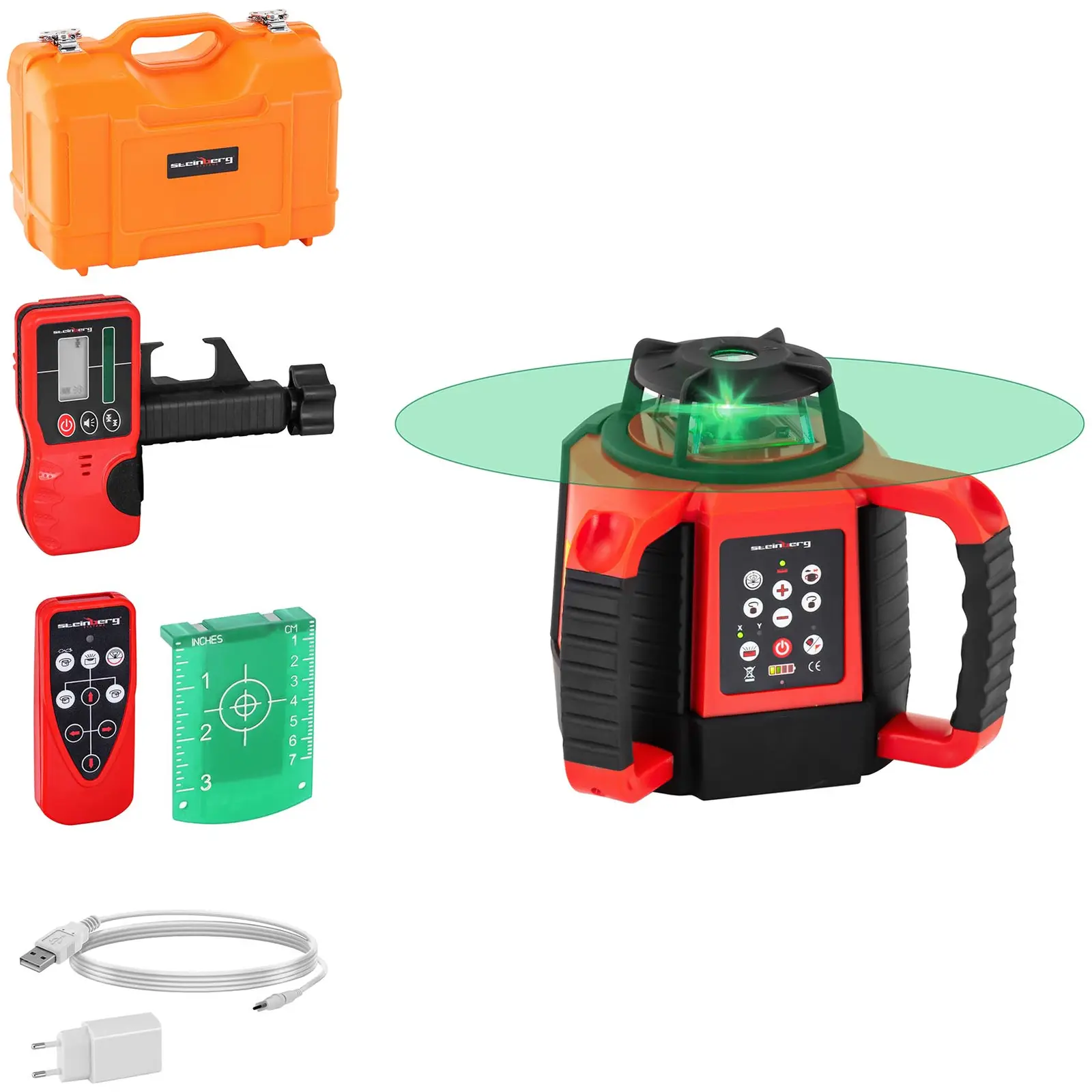
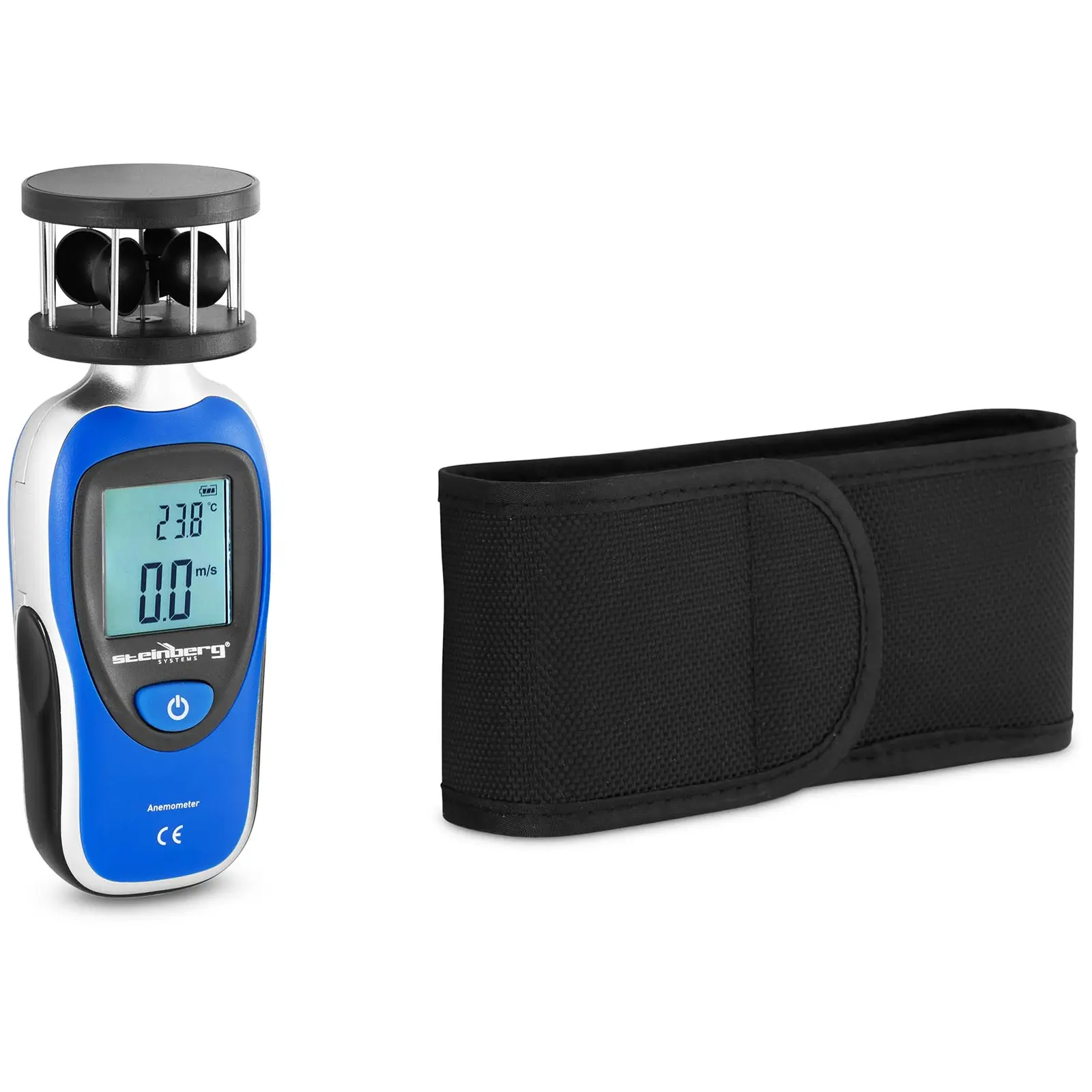
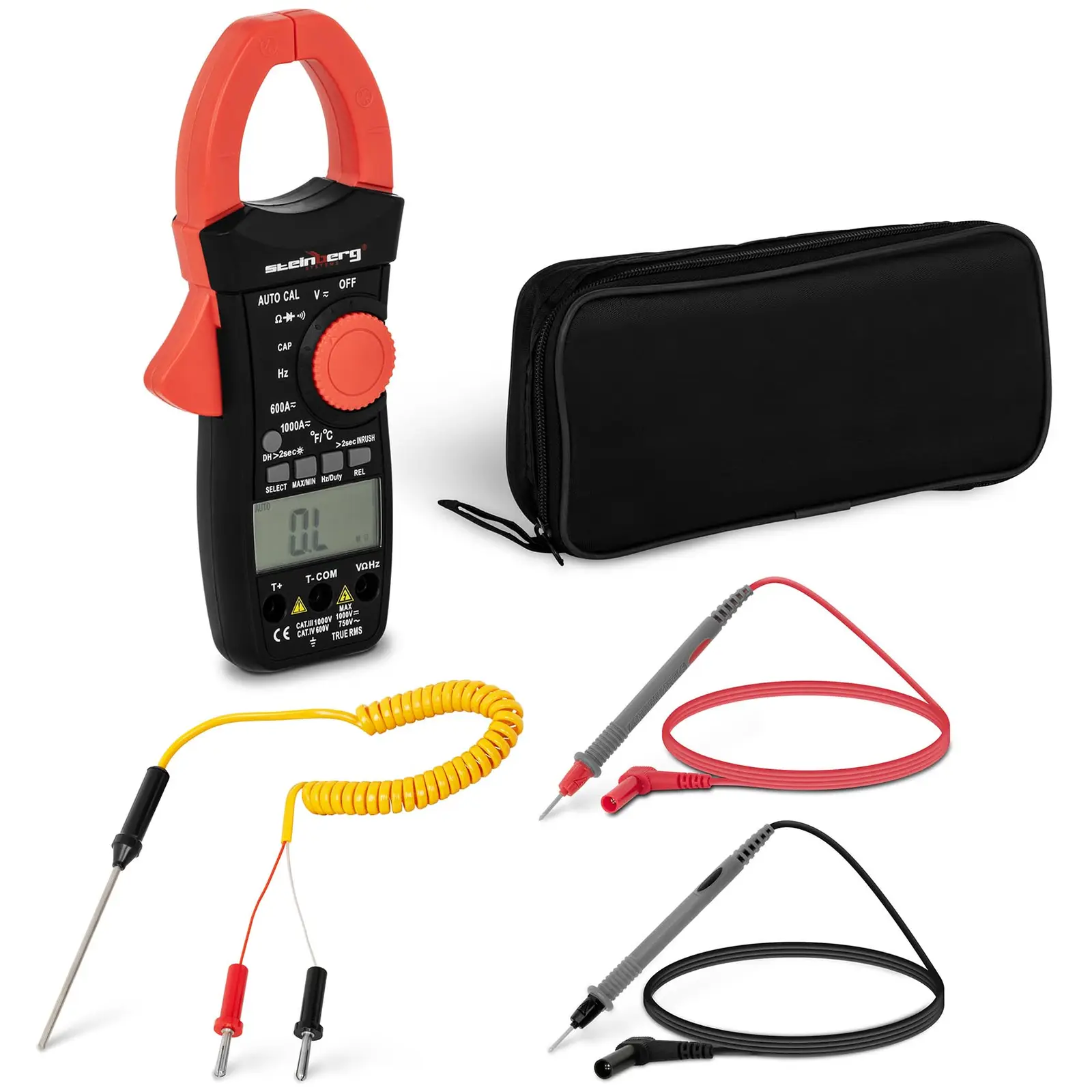
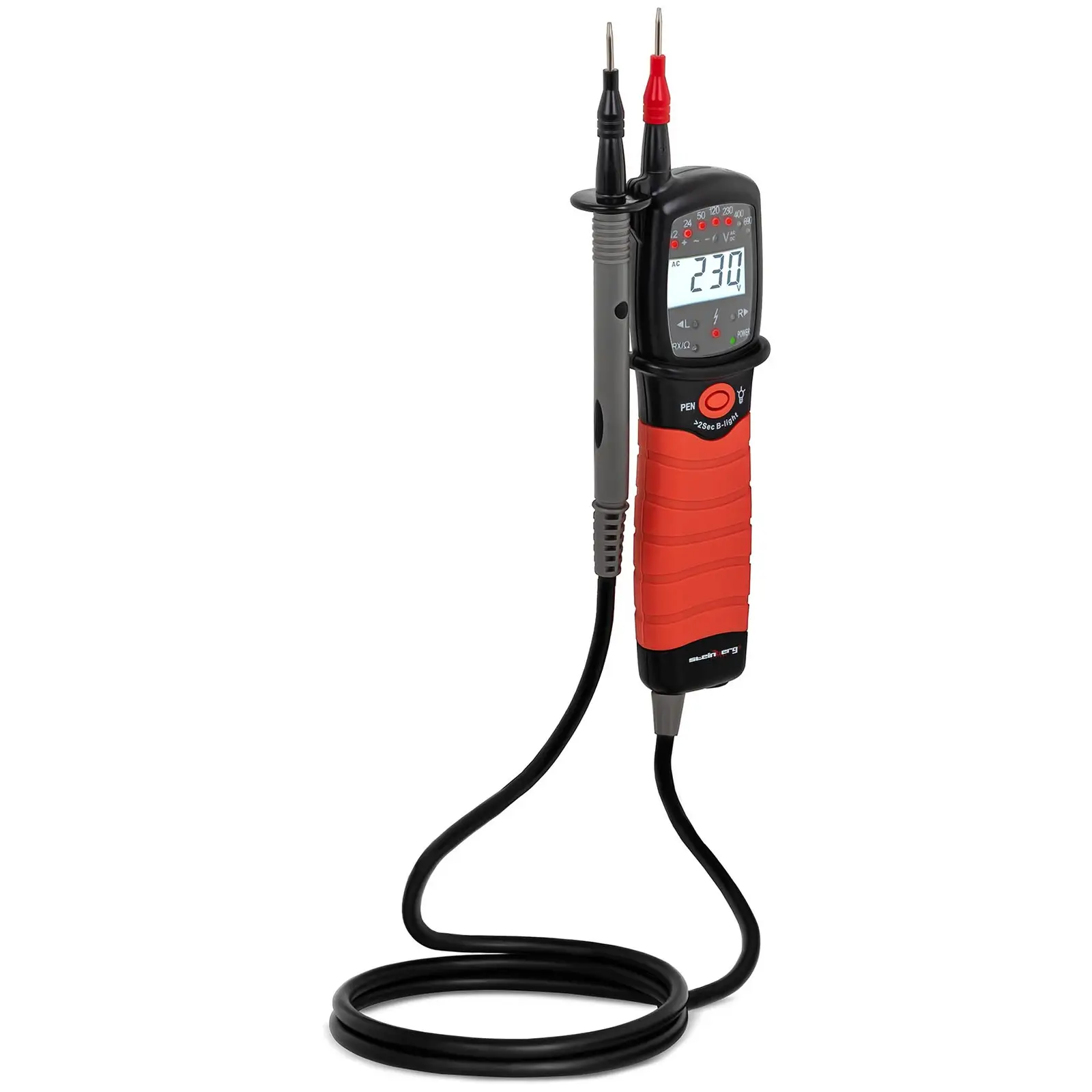
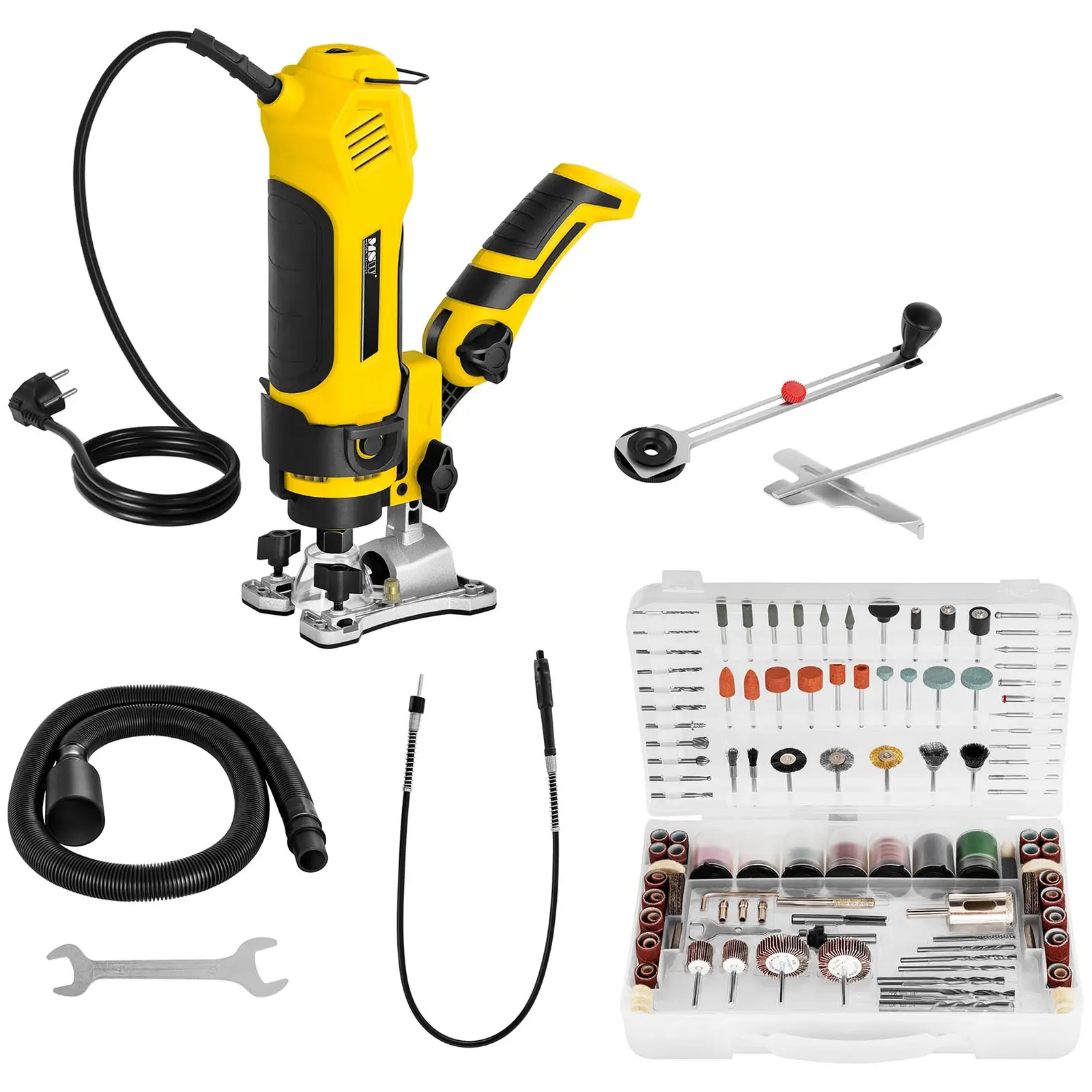
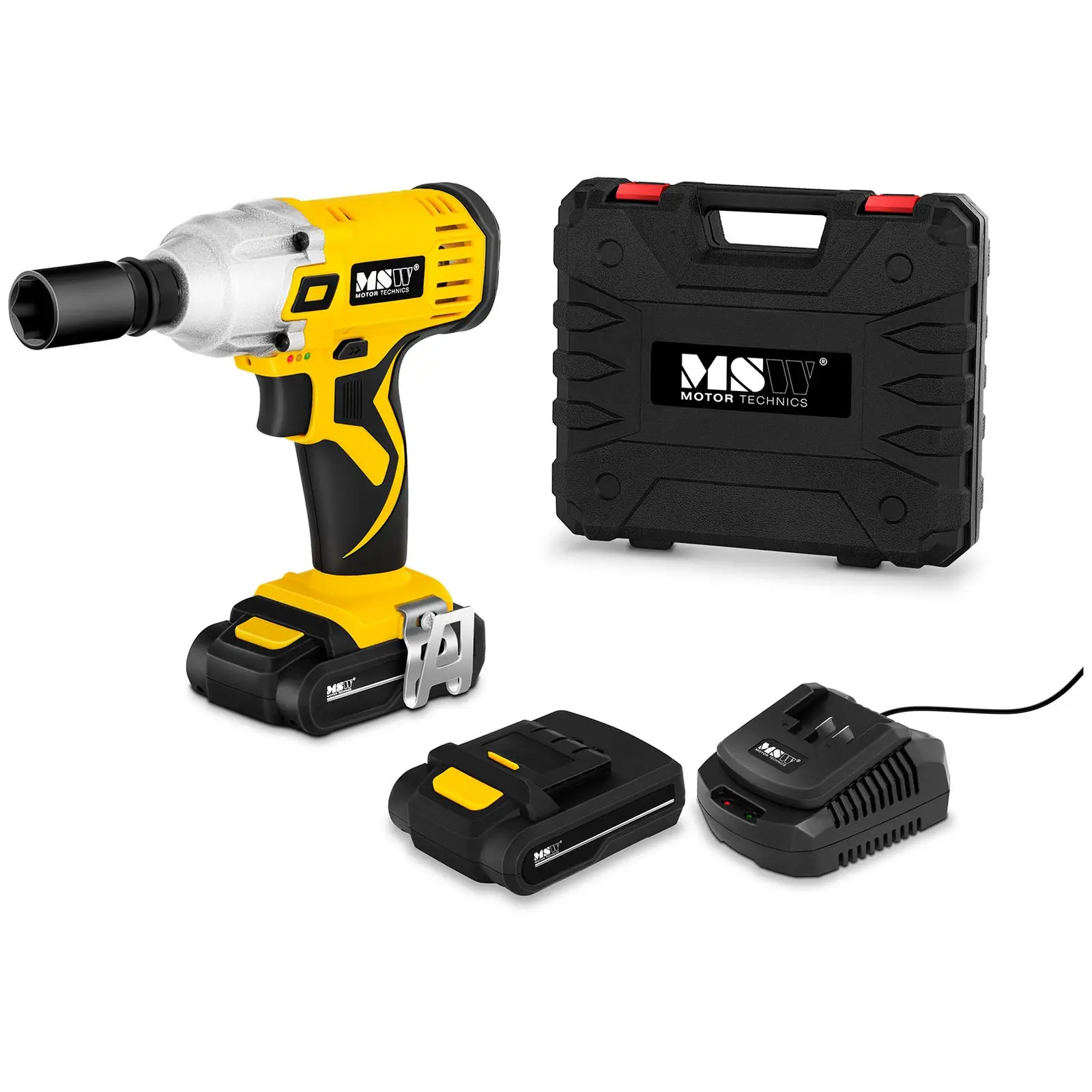
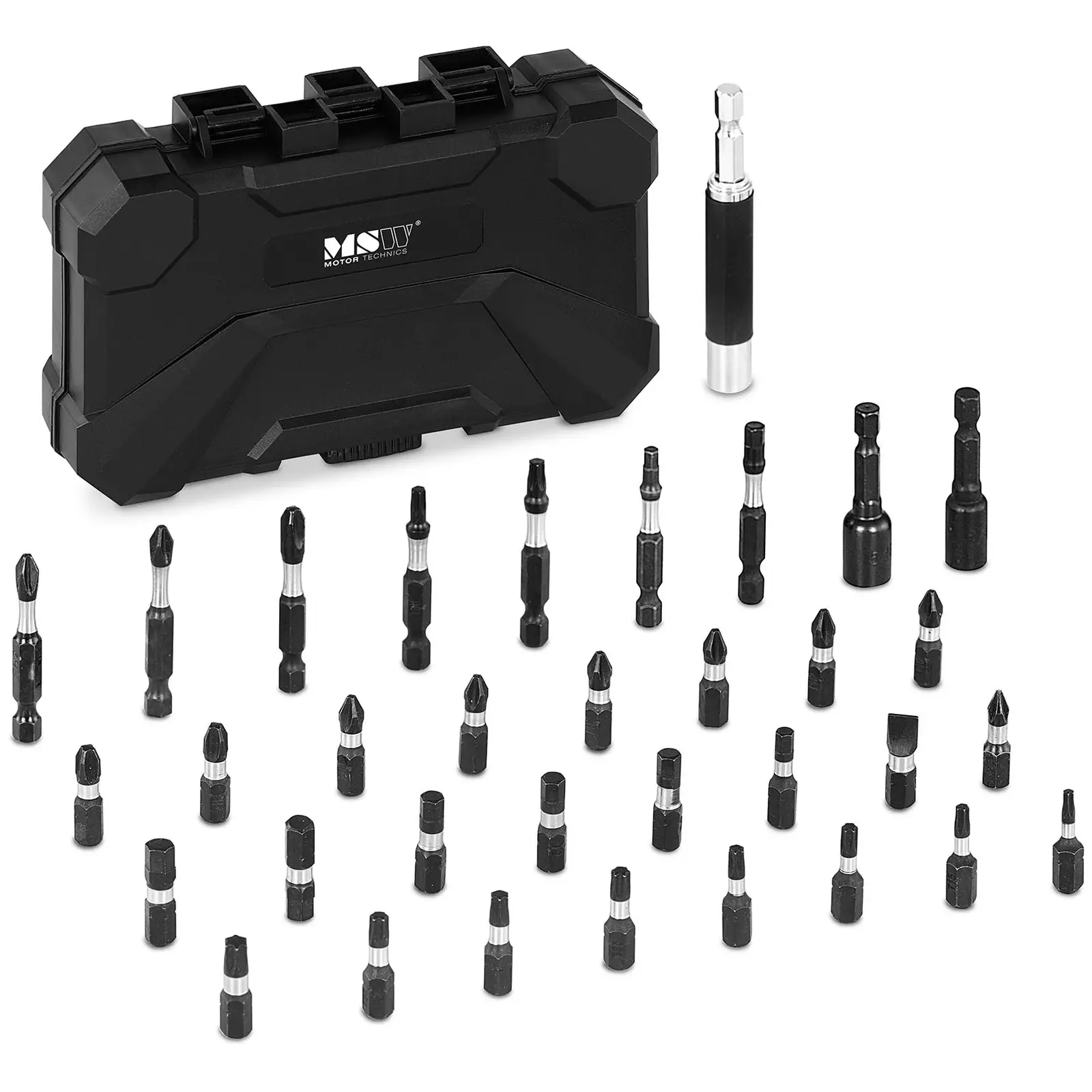
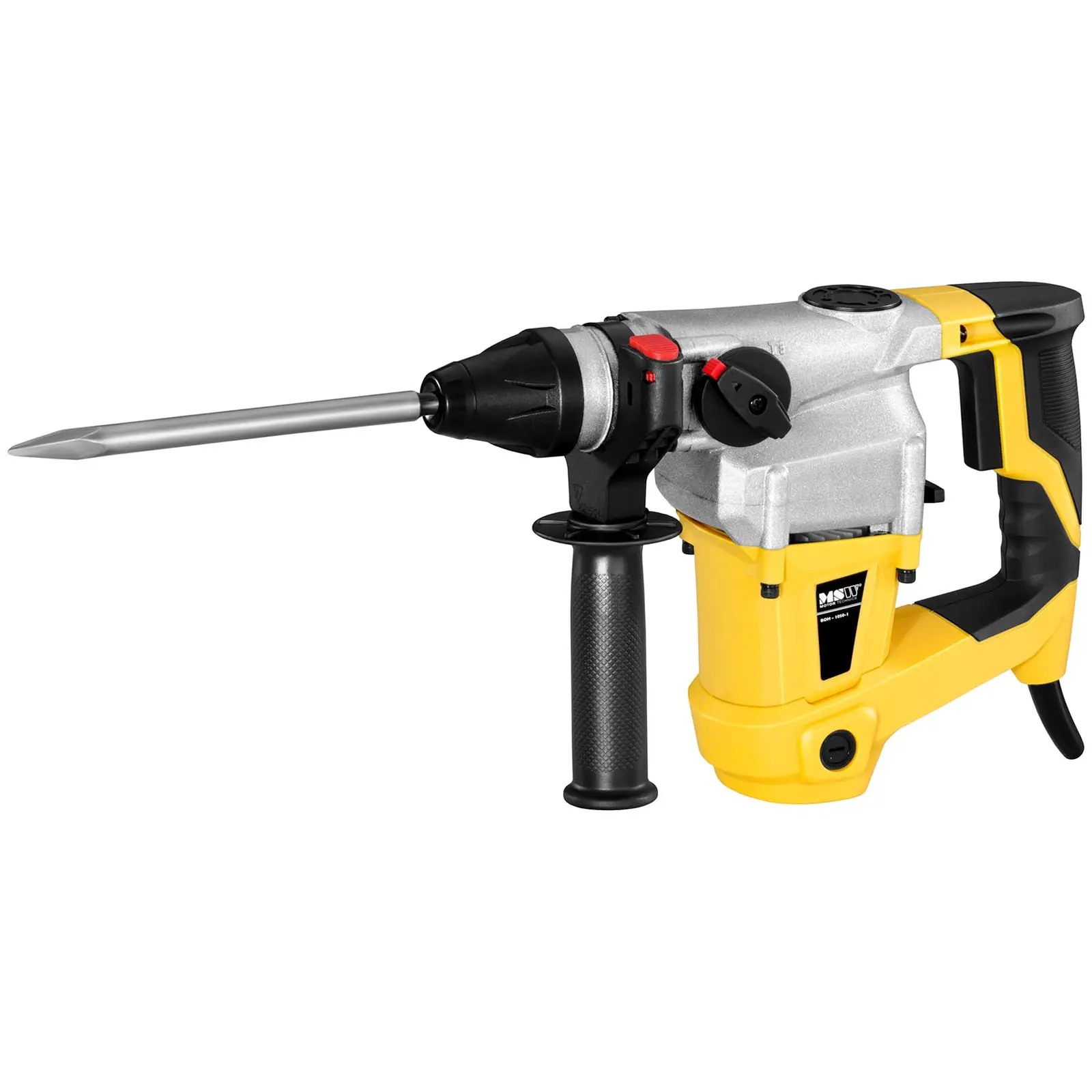
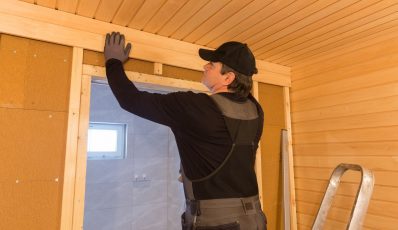
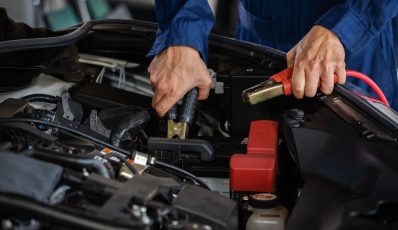



Share